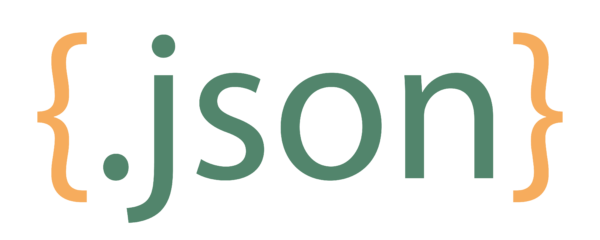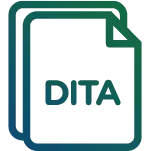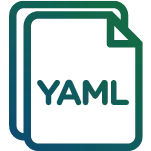
JSON Files Translation Services
Files using the open standard JSON data format (.json) are used for data exchange across many kinds of technology. For the expert linguists at Trusted Translations, it’s much easier to manage multilingual projects when translations are stored in JSON files. Their most common use is for localizing and displaying data on web applications or website servers, once the correct permissions have been given.

JSON Files Translation Services
Files using the open standard JSON data format (.json) are used for data exchange across many kinds of technology. For the expert linguists at Trusted Translations, it’s much easier to manage multilingual projects when translations are stored in JSON files. Their most common use is for localizing and displaying data on web applications or website servers, once the correct permissions have been given.
File Formats Related Content
Home » Services » File Formats » JSON
JSON Files Translation
Currently among the most widely used formats for sharing translations in many kinds of projects, the JSON format is particularly suitable for game localization, as well as web-based and mobile apps. Its many benefits include the fact that it’s a widely known favorite with developers that even non-technical users find easy to read. It can be opened by relatively unsophisticated programs like Windows Notepad, in addition to Microsoft Visual Studio Code and GitHub Atom.
Characteristics of JSON Files
A straightforward translation management option, JSON files offer different ways to manage projects localized by expert linguists, like the Trusted Translations team. This allows language service providers to choose streamlined workflow structures that ensure fast deliveries of accurate texts, tailored to the requirements of each client.
There are two main types of JSON files: single-language and multi-language. When each language is stored separately, single-language JSON files contain translations in only one language, together with localized messages and translation keys set by the developers.
In contrast, multi-language JSON files contain translations for all languages planned for a project. Its simple key-value structure contains the source language as a key and its translation as a value. These data are stored in comma-separated key-value pairs and arrays in square brackets, with objects in curly braces, ensuring rapid retrieval.
Translating JSON Files
However, this format has some constraints that can raise challenges for translators: for instance, keys must be strings within double quotes, and values must be valid JSON data types. Although originally derived from JavaScript object notation syntax, it has expanded significantly, with many different languages now compatible with JSON data.
In the commercial world, so many computer programs and mobile apps now use JSON files that it has become almost a universal format. Since developers use JSON to support software development, JSON files can be tricky to translate. That’s why Trusted Translations linguists are fully trained in working in this format, ensuring that its international clients feel confident about the onscreen appearance of their multilingual websites.

































